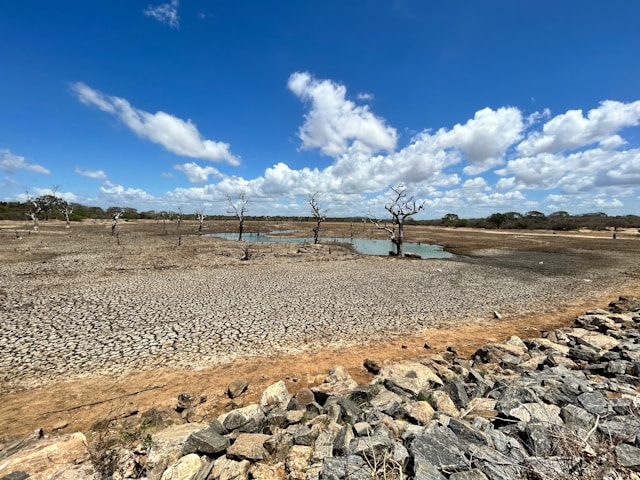Land and oceans
The use of land for agriculture and forestry makes a significant contribution to global greenhouse gas emissions, while practices such as reforestation and large-scale nature restoration may help to mitigate climate change. The oceans, which form about 95% of the planet’s biosphere, also play a major role in regulating the climate by absorbing CO2 emissions and excess heat – but climate change is causing the oceans to warm and become more acidic, which in turn may affect how the oceans absorb and store carbon.
Our work in this area focuses on land management policies and techniques and global efforts to protect our oceans. We also examine the role of ‘blue economy’, which refers to economic activities associated with the oceans.

Publications
View allNews
View allExplainers
View all- What is deep-sea mining and how is it connected to the net zero transition?
- How does climate change impact on international trade?
- What role do the oceans play in regulating the climate and supporting life on Earth?
- How is climate change affecting the oceans and what are the impacts for people?
- What is the role of deforestation in climate change and how can ‘Reducing Emissions from Deforestation and Degradation’ (REDD+) help?










